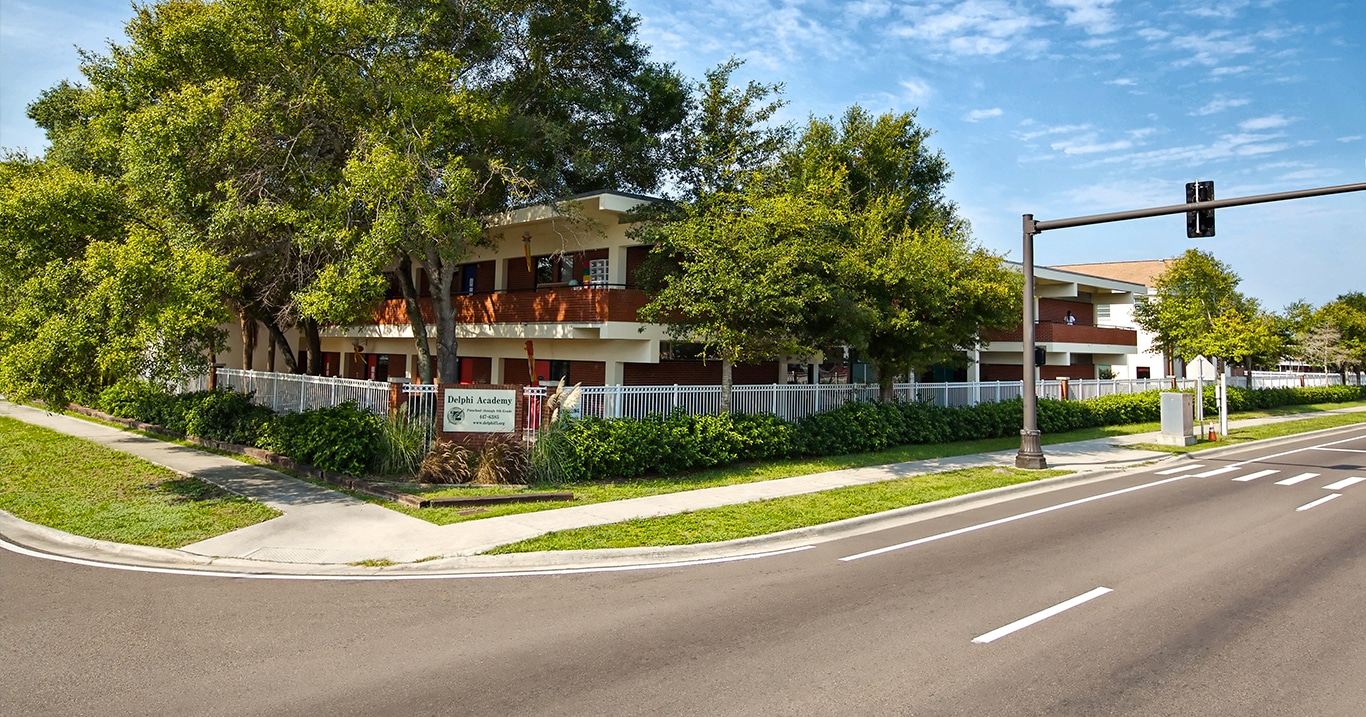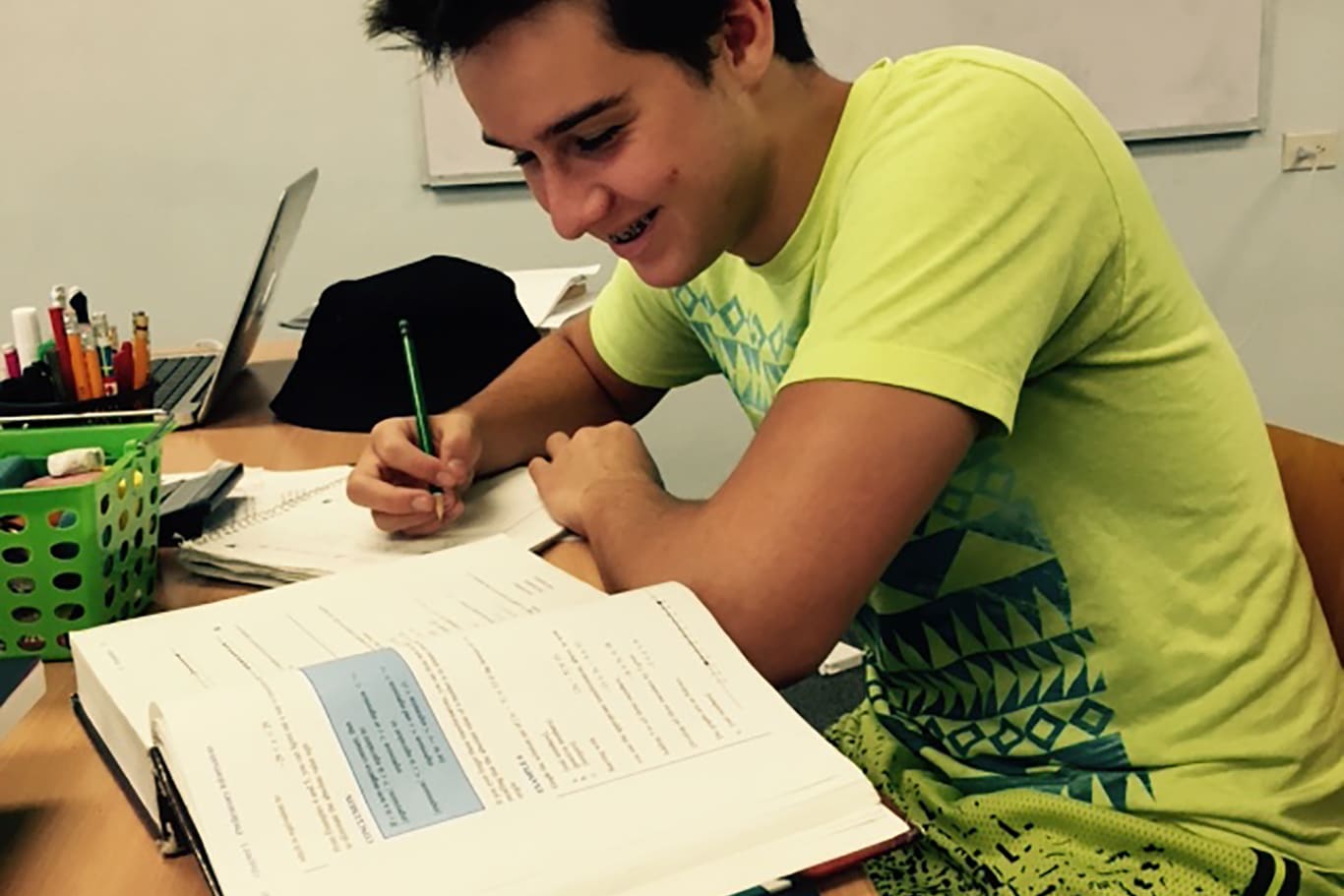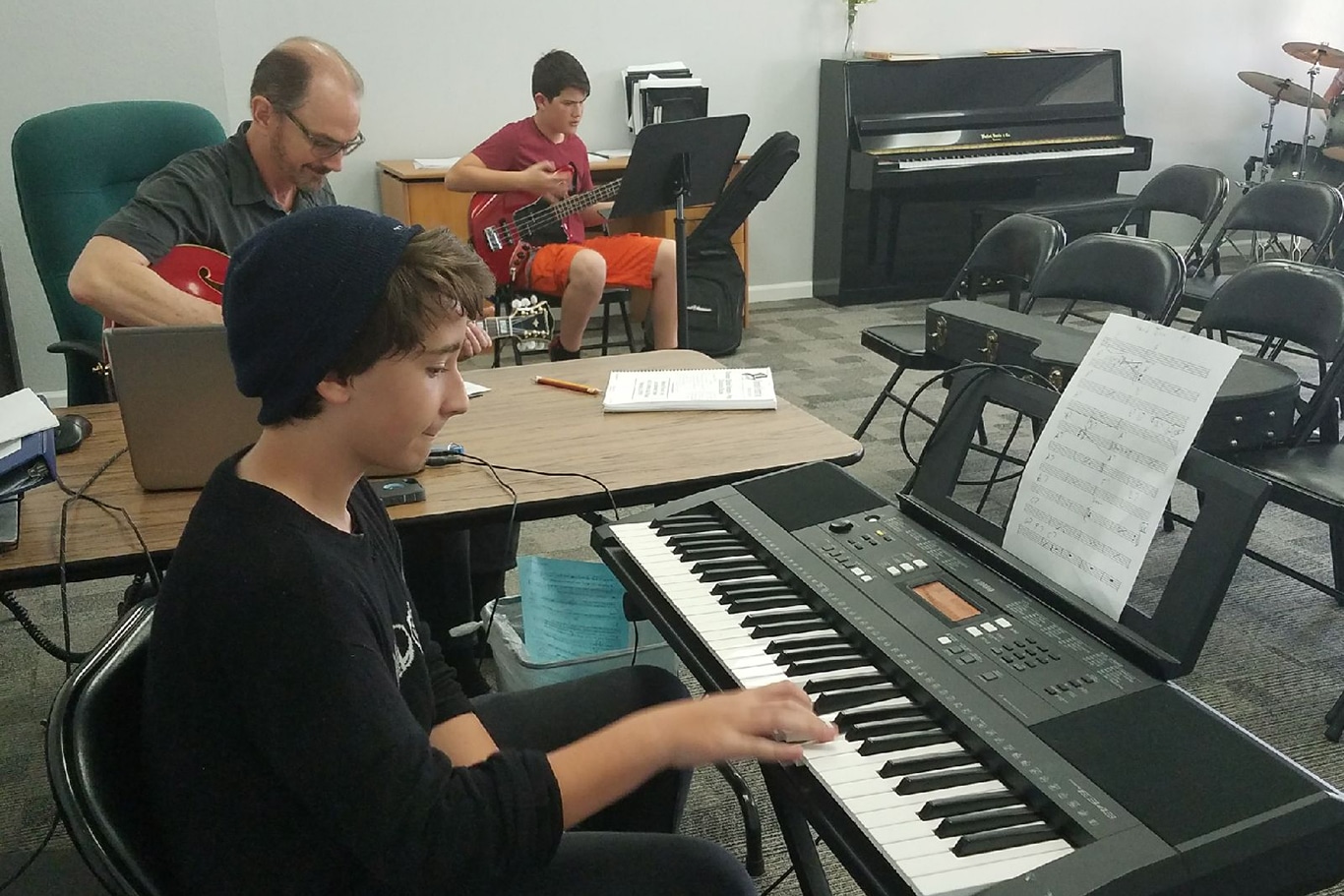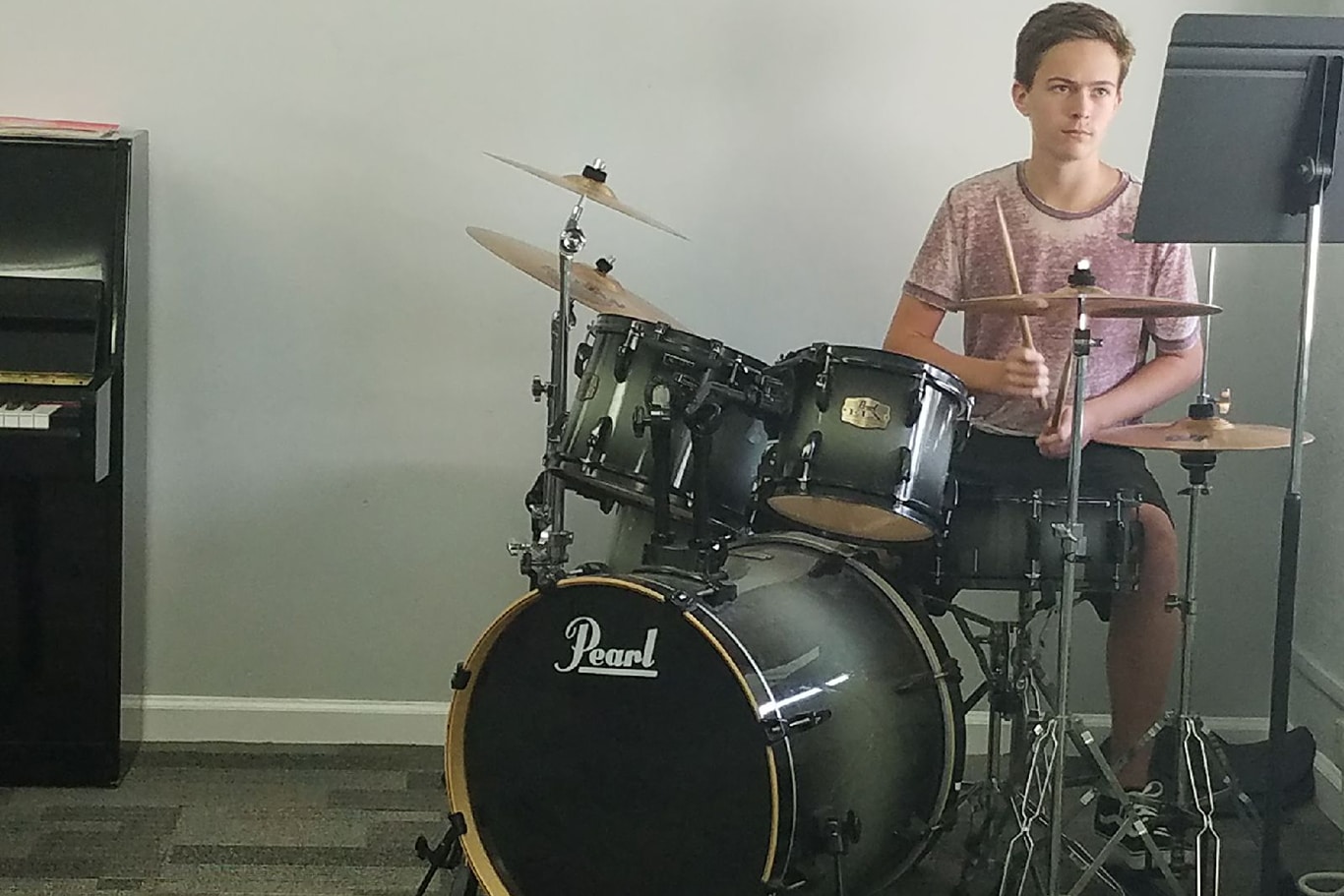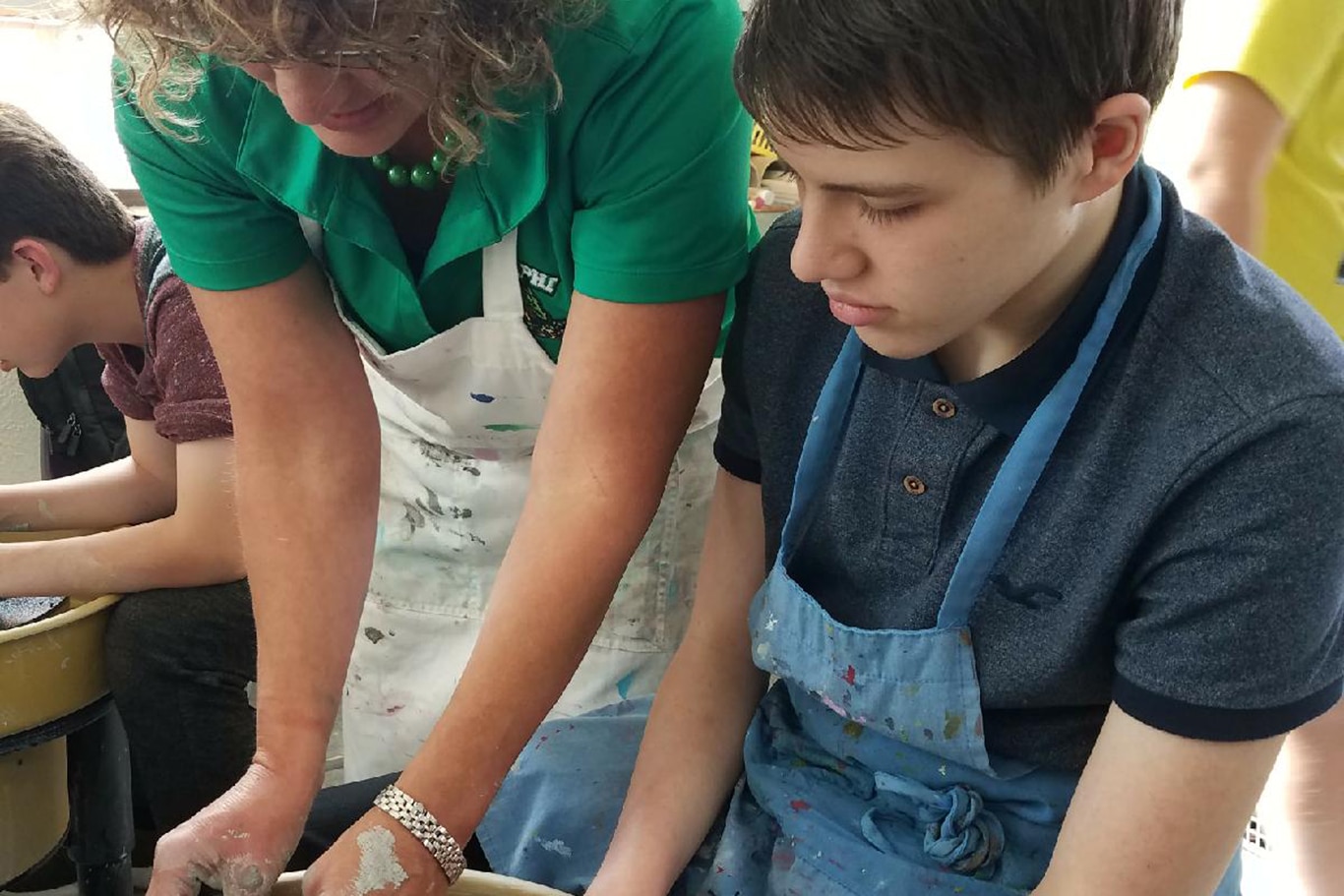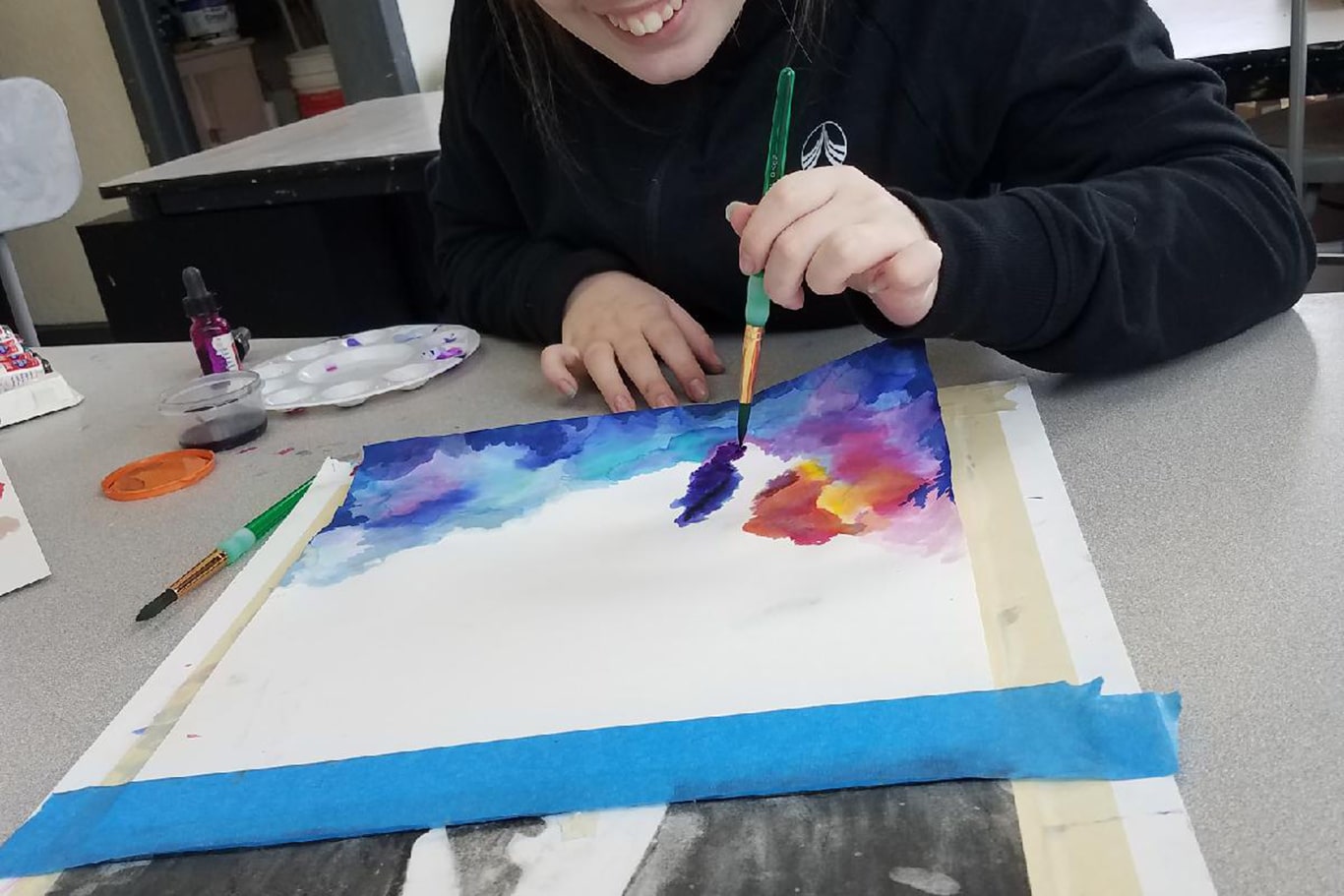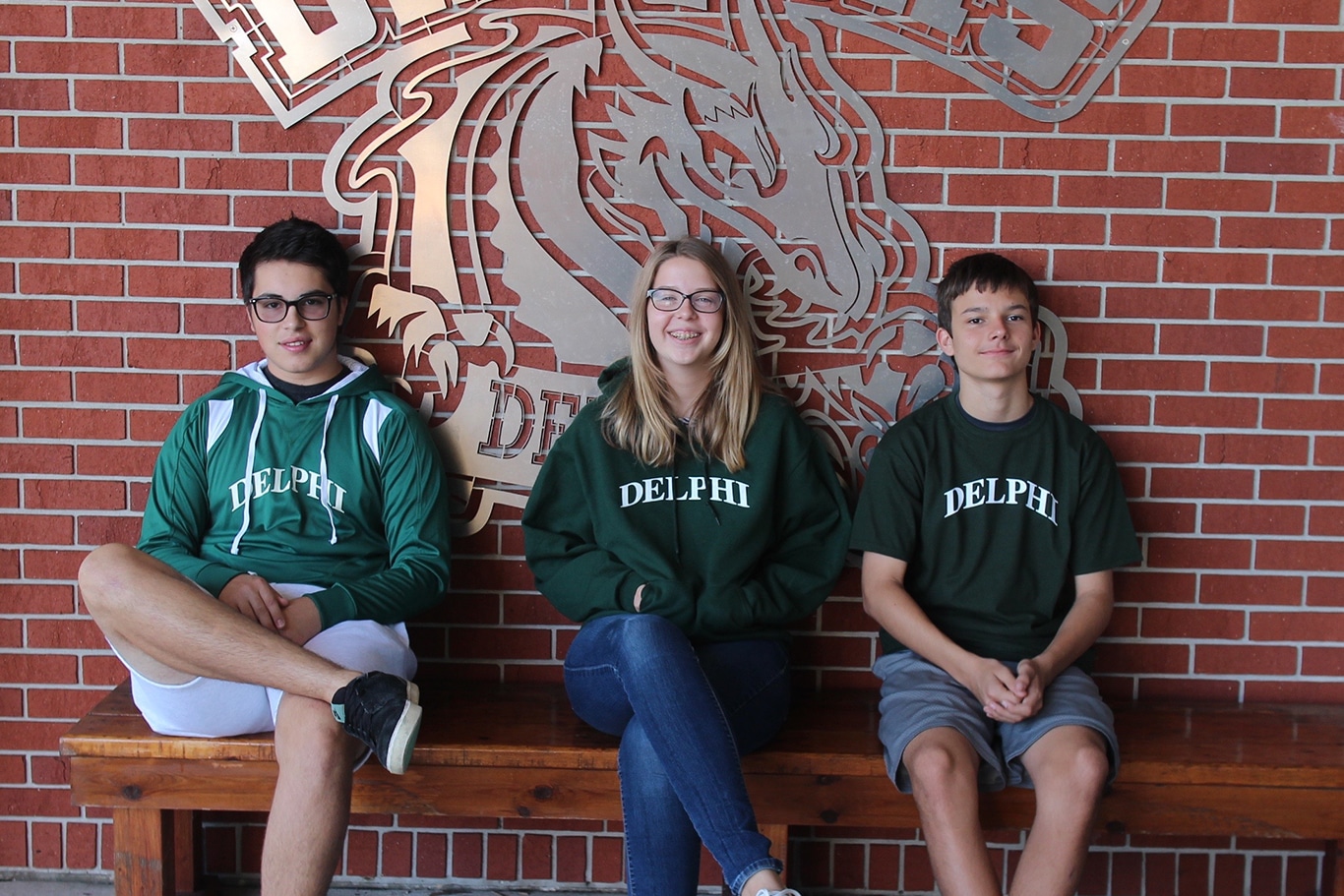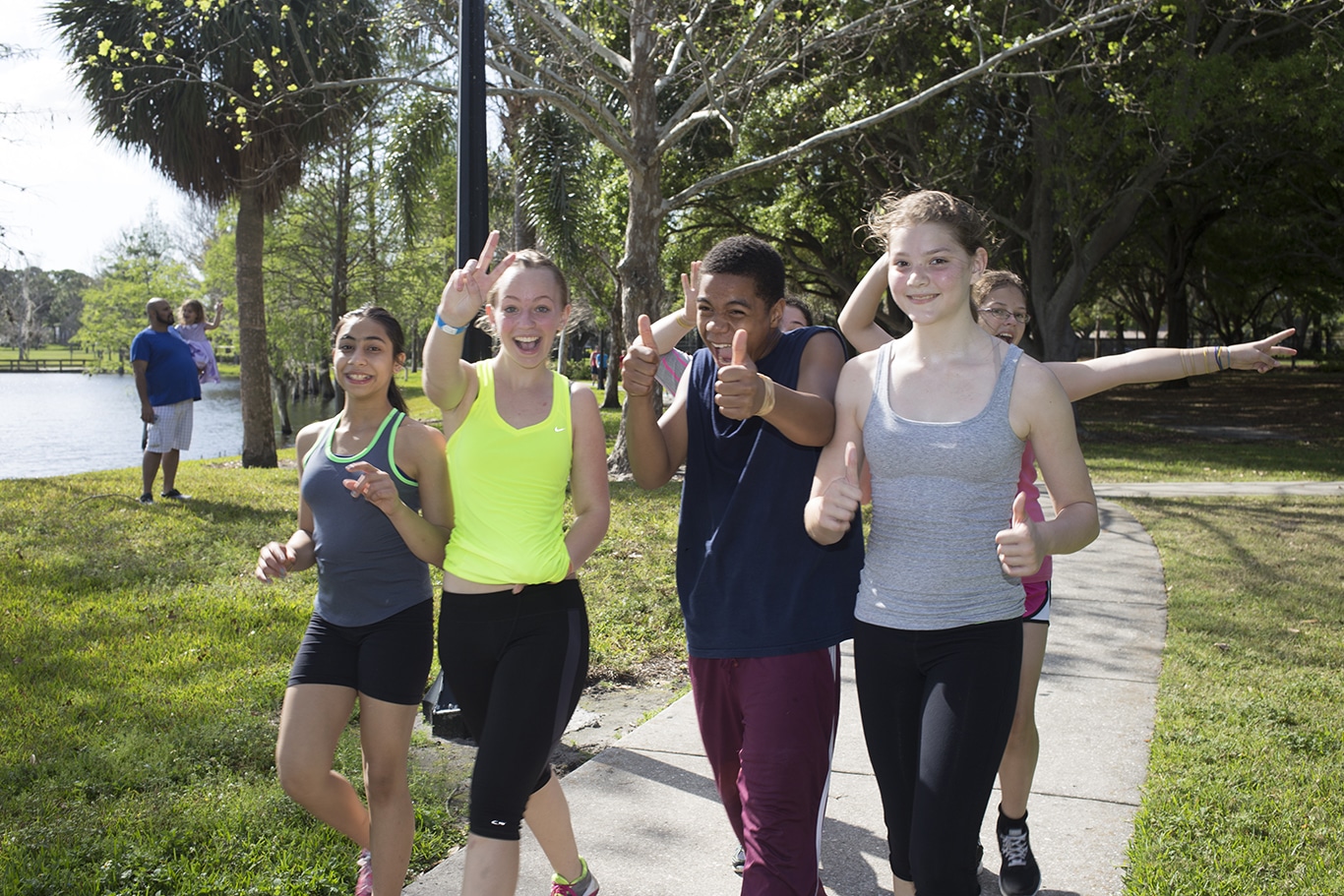The perfect setting for that critical time of a student’s life!
The Middle School years (7th and 8th grade) form a critical transition period, from a student competent in the basics of reading, writing and mathematics to a student launched into more serious academic study. At this age we focus not only on raising the standards of those basic tools learned earlier, but also helping our students become more independent learners with increased understanding of how what they learn in school integrates with and relates to real life.
Hands On Learning
Application of the data is stressed above all. The end goal of each course is the ability to apply what was learned. Rather than engaging in study for study’s sake, Middle School students are given numerous practical assignments and projects, which serve to emphasize the use of the data in life. This is especially important at this age, since these students are starting to become more aware of the world around them and more able to connect things they are studying to things they see in their lives.
Mastery of the Basics
Students work their way through an extensive reading program while in Middle School, reading books from a list of fiction, historical fiction, biographies, autobiographies, and non-fiction. Our reading program is designed to keep students interested in reading while they increase and expand their vocabulary and depth of understanding of people and ideas. Middle School students read an average of 80–100 books a year.
Students also master all core curriculum subjects (see below under The Academic Curriculum) as well as gaining study, communication, critical thinking and research skills.
The Arts
The arts are considered an important part of the student’s education. Students are given an opportunity to advance themselves creatively in areas of their own interest. Fine arts, pottery, crafts, woodshop, music, dance, theater and more are offered.
Theatrical performances are scheduled regularly during the school year, and we make it a point to display our award winning student artwork in as many places around the school as we can.
Athletics
Emphasis in athletics is on discipline, hard work, team spirit, sportsmanship and fun. Delphi Academy is part of a sports league comprising local private schools of similar size. Throughout the year, our teams compete in volleyball, basketball. Other activities such as soccer, ice skating, swimming, canoeing, and bowling vary seasonally but are typically offered to all different age groups some time during the school term or summer camp. Students also participate daily in some form of physical exercise and games.
Forms vs Grades
Delphi utilizes the concept of “Forms” rather than grade levels as a way of getting excellent results without forcing all students to move at exactly the same pace. We realize each student is an individual and needs to be addressed as such in his or her education. Thus, every Delphi student has an individualized program. A student completes a Form upon accomplishing the academic and practical requirements for graduation from that Form. In this way, each student can get the full benefits from the curriculum and keep advancing at their own pace.
Life Skills
Ethics & Integrity
Understanding the meaning of ethics, morals and their relationship to one’s life is an important element of the Middle School program. Students participate in engaging debates on the application of ethics and integrity. They also have opportunities throughout Middle School to demonstrate the application of these concepts.
Study Skills
Students do a thorough study skills class at this level and become more proficient at being effective students and overcoming study barriers. (Link to Study Technology page)
Practical
There are practical requirements for Middle School students throughout their studies, providing them with important real-life experience in conducting experiments, making useful products, participating in activities that further enhance their understanding of the subjects taught or in learning a new skill. Practicals consist of both projects and skill development.
Projects have included such things as running a simple business, participating in a community service project, crossing plants to get a hybrid, programming a computer, writing a short play or helping to create the yearbook..
Field trips help them to make that connection even more real. Typical trips might include the St. Petersburg International Museum, the County Emergency Services Department (to see how the local government handles emergencies in the community) and the Federal Courthouse and other government facilities.
Student Services
All Middle School students participate in “Student Services,” a program of contribution to the operation and maintenance of the school. This not only helps the school run smoothly, but also helps the students gain a greater appreciation and responsibility for the work involved in doing so. Students spend some time each week helping out in a variety of areas—the computer lab, the classrooms, the office and the library, for example. Tasks range from simple jobs to more challenging projects such as working with a Lower School student in the classroom or assisting on a computer programming project. Student Services also gives our Middle Schoolers experience with work and responsibility. It further prepares them for Student Council positions in the High School.
The Academic Curriculum
Mathematics & Technology
Focus in the Middle School is on introducing new mathematics concepts and on developing greater degrees of instant response to basic arithmetic calculations. Students work more independently and learn more theory behind formulas and calculations. In addition to reviewing and increasing proficiency in all previous mathematics, the following new mathematical concepts are introduced at this level: division of fractions, ratios and proportions, probability and statistics, scientific notation and simple geometric calculations.
The students’ proficiency at instant response computational skills is developed and improved through Math Facts on the Computer (MFC), a self-run computerized program designed to achieve ever-increasing levels of instant response. Emphasis is on maintaining a high level of response on the four arithmetic operations through 12’s and conversions of fractions, percents, and decimals.
There are ample computers throughout the school for student use. In addition, our computer lab provides students with a wide array of technology resources for use on various activities and projects. All students learn basic computer usage, but additional classes are available where students can learn such things as computer programming and robotics. Controlled internet access is provided through the school’s high-speed T1 connection.
Sciences
Science curriculum in the Middle School includes courses covering elementary chemistry, anatomy and physiology, microscopes and microbes, and electricity .Knowing how to research effectively—to pose theories, make clear observations and draw accurate conclusions—is addressed at this level.
Middle School students may choose to participate in the school’s annual Science Fair. Projects focus on investigative tools, the students’ own understanding of the scientific phenomena represented, and the students’ initiative and responsibility demonstrated.
Geography, History, Government and Current Events
Understanding the larger environment provides students with an important perspective on their academic studies and depends on the integration of the humanities, sciences and social sciences. Emphasis in the Middle School is on comprehending people, places, and events in a greater global context.
Students become thoroughly familiar with U.S. geography. In addition to studying history from the Ancient Egyptians to modern times, students will learn how individuals have influenced history throughout the ages. Two courses, entitled People and Ideas and Conflicts and Ideas, explore the patterns and motivations behind historical events.
Current Events Seminars are begun at this level, in which students participate in research and discussion on various current topics.
Students’ skills and understanding of mathematics & technology, the sciences, geography, history, government and current events is further developed and deepened.
Literature
Students work their way through an extensive reading program while in the Middle School, reading books of increasing difficulty from a list of fiction, historical fiction, biographies, autobiographies, and non-fiction. The books also integrate with the texts utilized in the history courses. Students will read an average of five to ten books per month, depending on length and complexity.
Literature seminars focus on key literary works at a slightly more advanced reading level, encouraging students to broaden their viewpoints through group discussion. Periodically, students will read aloud to the teacher to demonstrate reading skills and comprehension. One-on-one discussions develop interest and understanding in books read.
Writing
Focus is on developing a strong writing discipline, including spelling and grammar, as well as clear, concise expression of ideas.
Grammar and punctuation are covered more in depth as students develop their formal writing skills. Research referencing and footnote techniques are covered as part of writing discipline. Students will write 2,000 words a month on a variety of subjects.
Foreign Language
Students study a foreign language (usually Spanish) in seminar sessions. The focus is on a conversational understanding of the language and on building vocabulary.
Middle School Photos
Back

